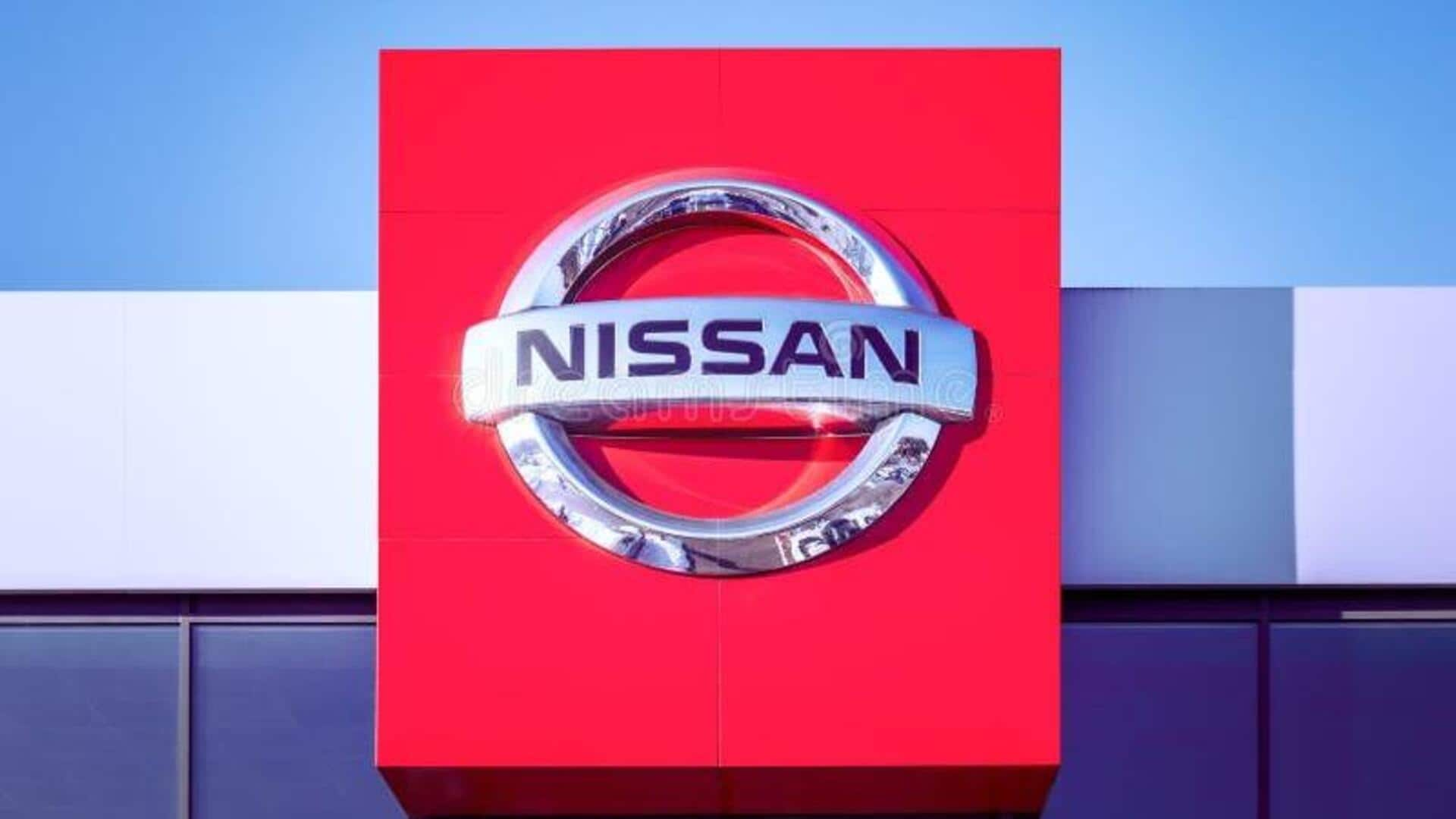
Why Nissan will shut down its flagship plant in Japan
What's the story
Nissan has announced plans to close its flagship Oppama factory in Kanagawa Prefecture, Japan, by March 2028. The decision comes as part of the company's restructuring efforts aimed at improving profitability and consolidating production sites. The move will see all models previously produced or planned for production at the Oppama facility being shifted to Nissan Motor Kyushu in Fukuoka Prefecture.
Legacy
The plant has produced over 17.8M vehicles
The Oppama plant has been a key production site for Nissan since 1961, churning out over 17.8 million vehicles in its lifetime. The facility currently makes the Note and Note Aura superminis but has previously produced models such as the electric Leaf hatchback, Cube, March (known as Micra in some markets), and Datsun Bluebird. The decision to close this historic plant was described by Nissan's CEO Ivan Espinosa as a "tough but necessary decision."
Impact
Closure will affect around 2,400 employees
The closure of the Oppama plant will directly affect some 2,400 employees. This is part of a larger strategy under which Nissan plans to slash its global workforce by 20,000 by the end of fiscal year 2027. Not all job cuts will come from manufacturing; some shall be from cuts in selling, general and administrative (SG&A) expenses.
Strategic cuts
Nissan is also scaling back its R&D activities
Along with the plant closure, Nissan is also scaling back its research and development activities. The company plans to reduce its vehicle platforms from 13 to seven and cut parts complexity by 70%. These moves are part of a larger plan to lower global production capacity from 3.5 million units to 2.5 million units.